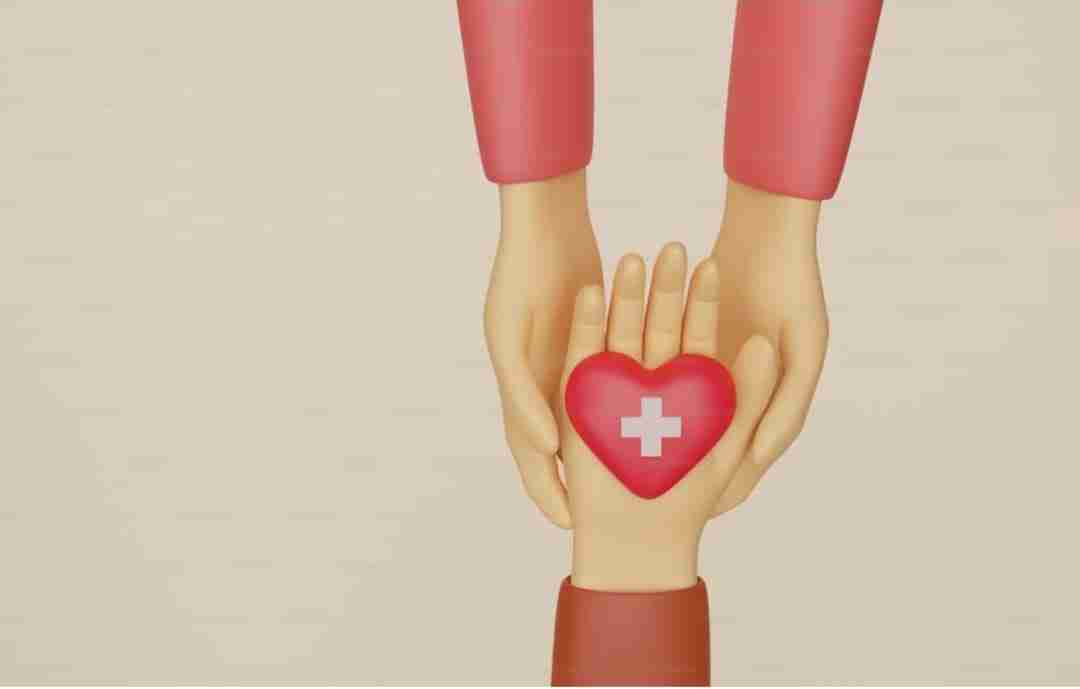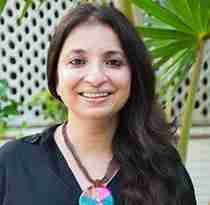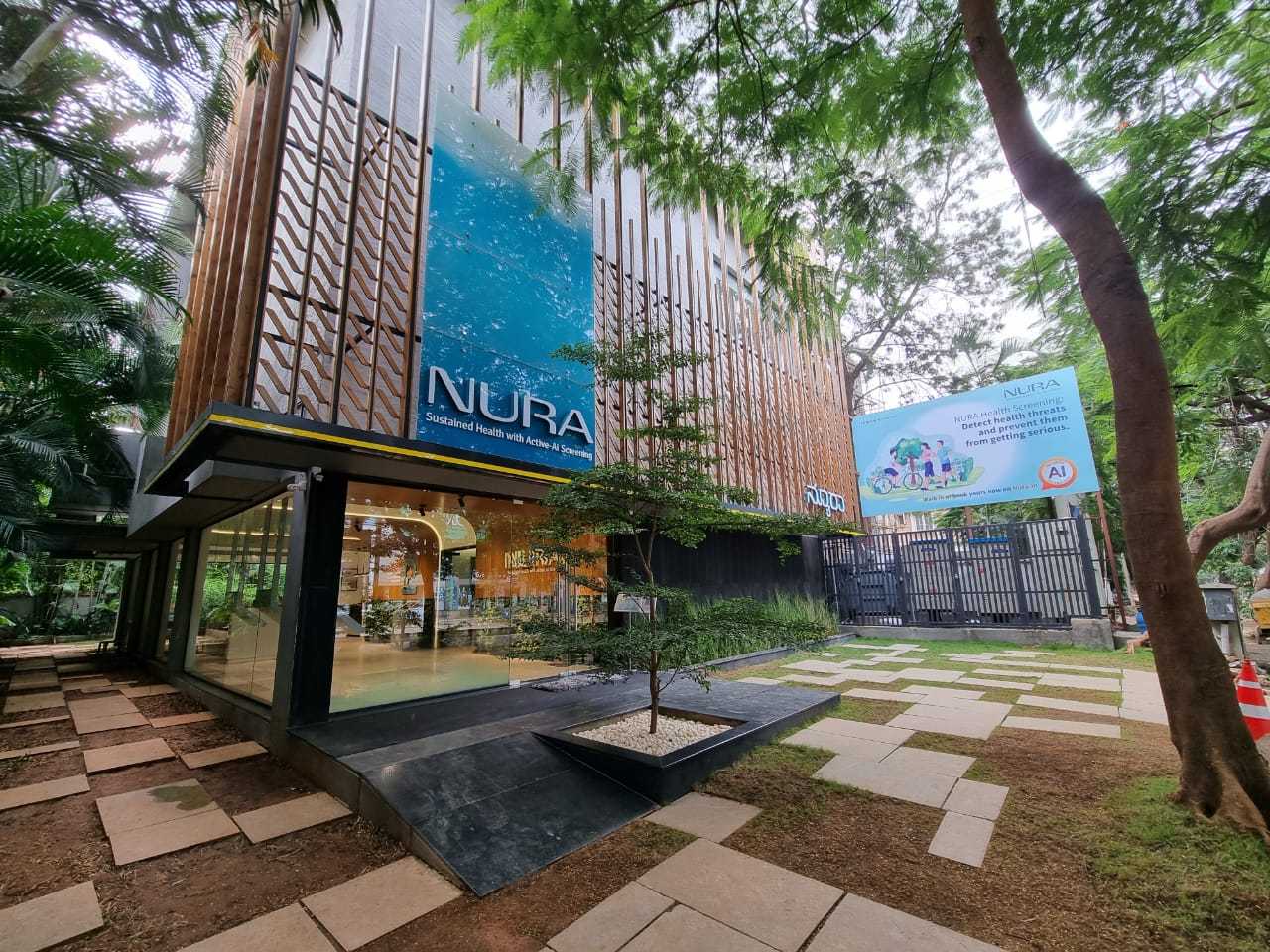A Geriatrician speaks on Alzheimer’s Disease
Stay mentally active and communicate with those around you, says Dr.Anoop Amarnath, Director and Consultant, Geriatric Medicine, Apollo Hospitals, Bangalore. He has a specialisation in Geriatric Medicine from the Royal College London with certification in Geriatric Nephrology from the American Society of Nephrology and has been practicing since 2004. Nidhi Chawla of Silvertalkies met him for an informative Q&A as part of our Alzheimer’s Disease Awareness Week.
 What is Alzheimer’s and how is it different from dementia?
What is Alzheimer’s and how is it different from dementia?
Alzheimer’s is a form of dementia and is the most common type of dementia accounting for about 60-70% of all dementias. The other forms of dementias include- vascular dementia (caused due to lack of blood supply to the brain, dementia associated with Parkinson’s and other degenerative dementias like FrontoTemporal (FT) dementia.
What causes it?
Alzheimer’s is caused by the loss of nerve cells in a particular area of the brain called as the Hippocampus. There is an accumulation of a certain type of protein called Amyloid B.
Who can get it? Is it genetic?
As to what causes this abnormal accumulation leading to loss of nerve cells and who are more susceptible to get these changes, it is still not very clear! There may be a genetic element linked to the disease although there are no particular tests, as of now, to identify these.
How long does it take to manifest?
The time between the accumulation of the abnormal proteins (Amyloid B) causing destruction of nerve cells to the actual onset of clinical symptoms like memory loss, can take years.
Can it be predicted?
The National Institute on Ageing- Alzheimer’s Association guidelines recommend certain neuroimaging tests (brain scans) and CSF analysis (a type of fluid present around the brain and spinal cord which can be obtained by inserting a small needle in the back)- to predict Alzheimer’s even before the onset of clinical symptoms. These, though expensive in an Indian setting, can be carried out.
How long can the progression take?
Alzheimer’s progresses very slowly. It may take years for it to reach an advanced stage
Is there any way of preventing or slowing down onset or progression?
Yes. If diagnosed early and if appropriate treatment is started at the earliest, the progression of disease can definitely be slowed down. In terms of prevention, the more mentally active a person is, the better it is in terms of prevention. This includes solving puzzles, reading books, playing interactive games or even simply speaking to your near and dear ones on a regular basis.
What are the warning signs?
It is very important to differentiate simple age related memory loss and Alzheimer’s. Some of the warning signs include loss of short term memory that affects day to day functions. For example not being able to find directions to a place that is very well known, unable to recollect whether one has had their breakfast or lunch. On the other hand it may be common to forget things like where one has kept their house or car keys.
What else may cause similar symptoms?
There are other conditions that can mimic symptoms of Alzheimer’s. These include vitamin B12 and folic acid deficiencies, abnormalities in thyroid function, simple infections such as urinary tract infection, depression, normal pressure hydrocephalus (a condition where there is lot of accumulation of fluid in the brain), brain tumours and incidences of unrecognized head injuries. It is extremely important that all these are ruled out before a diagnosis of Alzheimer’s is made.
Whom should a patient meet to understand the condition?
It is advisable to meet a doctor who specializes in diagnosing and managing these cases- this may be a Geriatrician or even a Neurologist
How is the diagnosis done?
As mentioned above, it is important to rule out other conditions that have a similar symptom profile. These are done by carrying out basic blood tests and scans of the brain. This is followed by a GDS (Geriatric Depression Score) – a questionnaire to rule out depression. Finally a Mini Mental Status Exam (MMSE) – another questionnaire type of test is done to assess the level of dementia. All in all, the diagnosis is done more on clinical grounds rather than one based on laboratory tests.
Once the diagnosis confirms Alzheimer’s what is the first line of treatment?
The first line of treatment is to start on a tablet that would prevent the breakdown of a chemical called Acetyl Choline in the brain. These include tablets like Donepezil or Rivastigmine. Based on the response, the doctor may decide to escalate therapy thereafter.
How does the condition progress?
The condition starts off with an insidious onset of memory impairment- typically short term memory. This is followed by problems in execution of tasks- like inability to plan or perform multiple tasks simultaneously. In the late stages we notice problems with speech, language, behavior and personality.
Is the ailment curable?
Unfortunately, it is not curable as of today. But, like various other lifestyle related disease i.e. diabetes and hypertension- it can be controlled.
What kind of support framework is available in India?
The kind of support framework that is ideally expected is lacking. Having said that, there are a lot of NGOs and Senior Citizen Groups that are doing tremendous work in supporting care givers and people with Alzheimer’s.
Do memory clinics help and how do they work?
Memory clinics do help. They are useful in identifying types of memory losses, their causes and to help track the progression of memory loss. If done in a scientific way, they are extremely beneficial in managing people with memory loss of any type- not just Alzheimer’s.
Any message for the elderly?
Ageing is inevitable. But ‘healthy ageing’ is in your hands. Understanding diseases that are common amongst the elderly, identifying symptoms, regular health checks, being consistent in taking medications that are prescribed and keeping oneself functionally independent will help you achieve ‘healthy ageing’.
Any message for the caregivers?
When people age, they become like children and as age advances, they are as good as infants and newborns. It is that level of care, that was given to you when you were a kid, that is now required for them. Although a lot of people feel that caregiving is difficult, we need to understand that it is our responsibility.
Comments
You may like to read:

Health and wellness
Five Lifestyle Changes To Ease Bladder Control

jessica smith
5 mins read

Health and wellness
Five things to keep in mind when considering organ donation

sunayana singh, ceo of organ india, an initiative of the parashar foundation
3 mins read

Health and wellness
How NURA Uses AI-Enabled Screening to make a difference in Preventive Healthcare

Silver Talkies
4 mins read
Post a comment